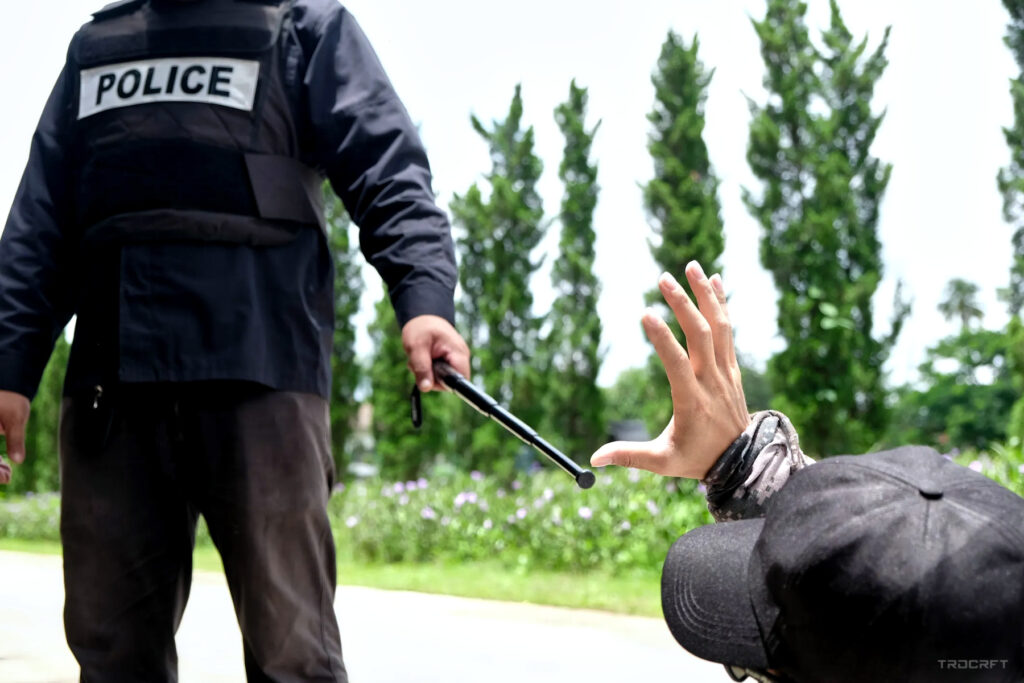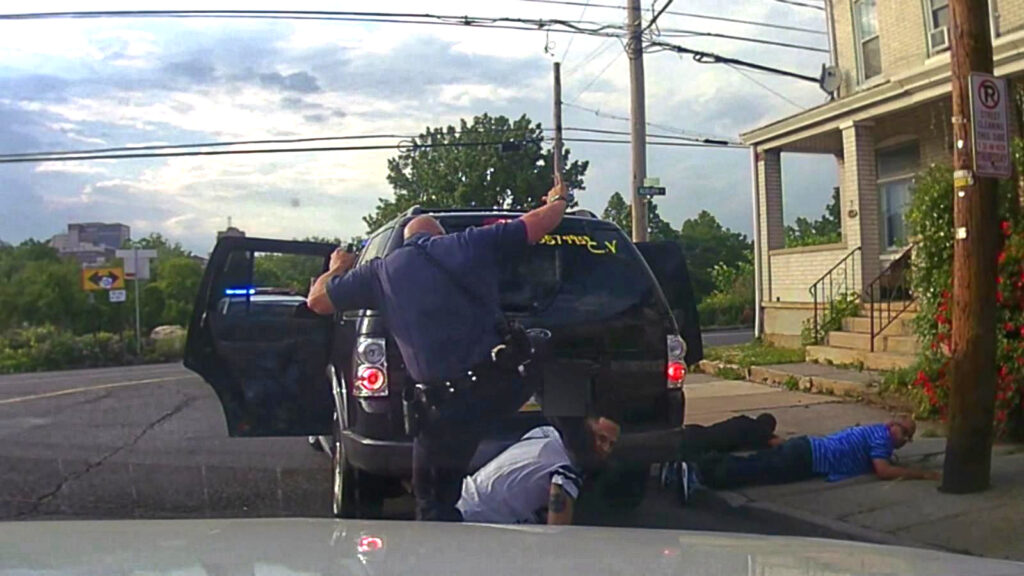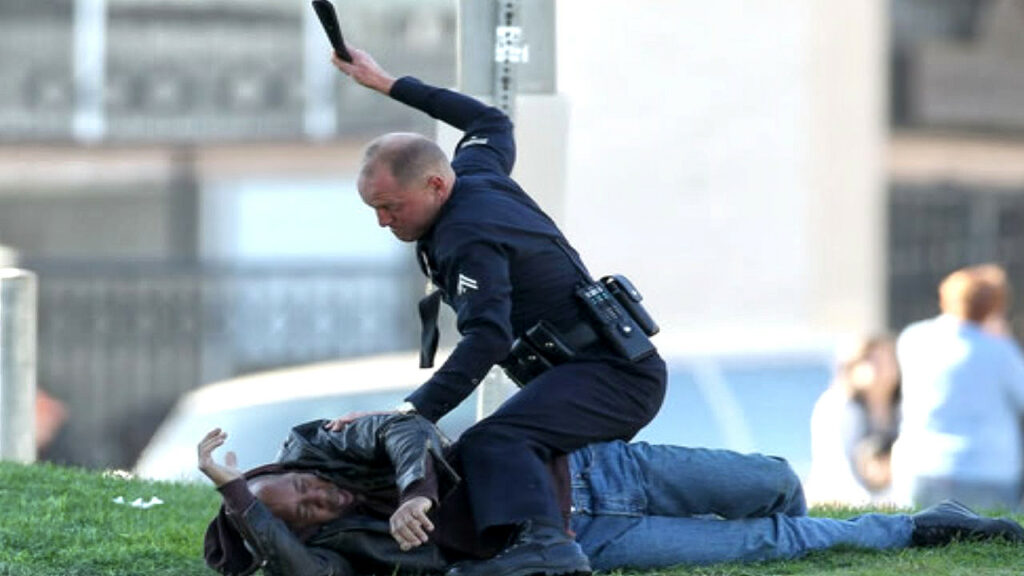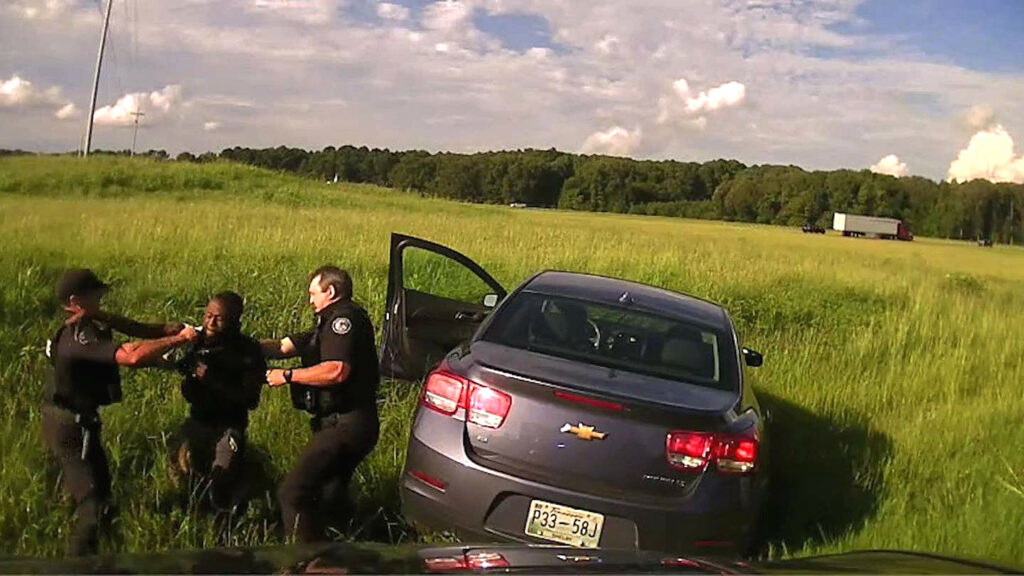Self-Defense Against Police Officers Using Excessive Force
It’s now more important than ever to how to engage and understand the law that applies when it comes to self-defense against police officers using excessive physical force.
In the United States, police using “excessive force” is defined as a level of force that exceeds what would be reasonable and necessary in self-defense or subduing an attacker. While this definition can vary from state to state, it does not mean that there are no constraints on police actions when self-preservation or public safety is at stake.
As a covert operative, you are no doubt familiar with situations that require quick and decisive action. Knowing when and how to act defensively is key to maintaining your safety and well-being, even if that means from the rare corrupt cop.

The Right of Self-Defense Against Police Excessive Force
Under US law, individuals have the right to use reasonable force as necessary for self-defense from police officers using excessive force. This means that if a police officer is using more physical force than is required to detain an individual, then the individual may use reasonable force against that officer in order to protect themselves.
The legality of self-defense against police officers in the United States depends on two key factors: the level of force used and the reason for the altercation. When it comes to physical force, it must be used in proportion to the threat posed by the attacker.
For example, if an officer were to shove you lightly during an arrest, then you would likely not be allowed to punch them back in retaliation. On the other hand, if an officer were unnecessarily threatening bodily harm or death then you may be able to defend yourself with physical force up until a certain point – after which you must cease your defense and submit to arrest.

The reason for the altercation is also important when determining whether or not one can legally defend themselves against a police officer’s attack. If a person has done nothing wrong and is attacked without any provocation then they may have grounds for self-defense; however, if they have committed a crime or resisted arrest then they may not legally defend themselves against a police officer’s assault.
That being said, there are some states in which people are afforded more leeway than others when it comes to defending themselves from unwarranted attacks by law enforcement officials.
However, if an individual uses deadly force against a police officer who is not using deadly force in return, then they can be charged with assault and battery or worse, potentially manslaughter or murder depending on circumstances.

Limitations on Defending Yourself Against Police Excessive Force
It’s important to remember that this right of self-defense only applies when an individual reasonably believes their life or safety is at risk due to excessive physical force from a police officer. It does not apply in all cases where an individual disagrees with how a situation is being handled by a police officer. Additionally, individuals cannot use this defense if they were actively resisting arrest or evading detention at the time of the incident.
Individuals cannot use weapons (such as guns, knives etc.) unless they reasonably believe their life is in danger due to excessive physical force from a police officer and they have no other way of defending themselves other than through deadly force.
Self-defense against police officers in the United States can be complicated given its reliance on both level of force used and reason for altercation. It’s important for all citizens, including operatives to understand their rights and limitations under law before engaging in any physical confrontation with an officer of law enforcement.
Knowing what you can and cannot do when confronting an armed official could mean life or death; as such, it pays to know your rights before taking action.

All citizens should consult with legal counsel when dealing with any matters regarding possible confrontation with law enforcement officials as every situation is unique and must be treated accordingly within its own context.
All in all, understanding your rights as it relates to self-defense against police officers who are utilizing excessive physical force is paramount for any operative working within United States borders. While it can be tempting to take matters into your own hands when facing such a situation, it’s important to remember that you should only use reasonable defensive measures proportional to what’s being used against you. Anything else could lead to serious legal repercussions that could cost you much more than any perceived “victory” would be worth.
Remembering these limitations can help ensure that you stay safe and out of legal trouble while protecting yourself from harm caused by police officers during hostile encounters.
[INTEL : How to Bribe a Police Officer]







